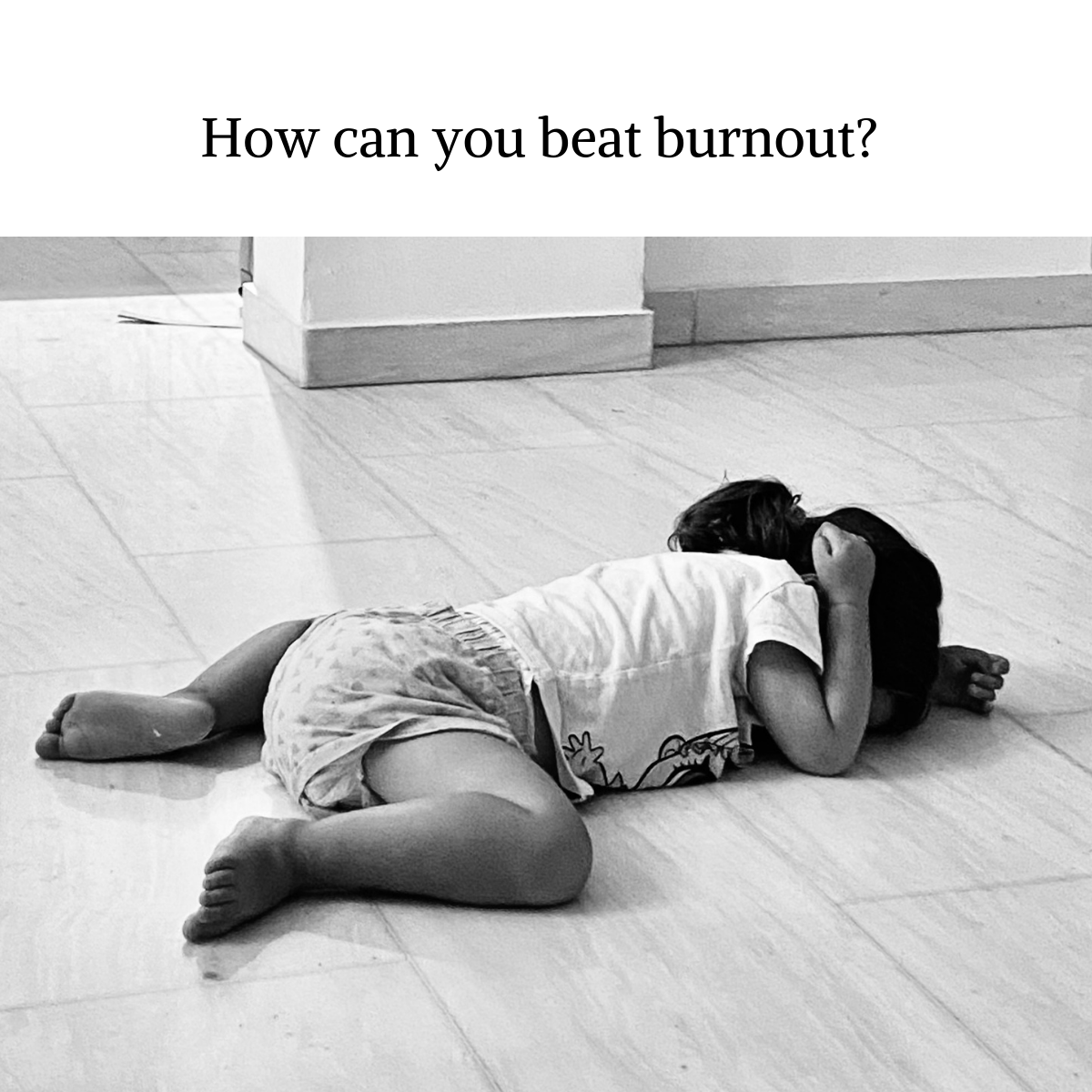Overwhelm can come all too quickly these days.
Our lives have become increasingly complex—often beyond what we can handle. The increasing complexity we’re all facing makes it harder to make sense of what we see/hear and more challenging to in this dynamic environment.
So we plug along, committed to working harder instead of re-examining what’s happening. We end up feeling confused, tired and forgetful which makes us less effective and contributes to the feeling of overwhelm. What can you do? A few things:
1. Establish parameters. Choose the projects of most importance to you. Limit the time you’ll spend on different tasks or activities. Practice saying “no”.
2. Settle for less. In other words, own up to being a perfectionist if that fits. Be reasonable about when “good” is good enough. (Like the building a better mousetrap example!). Pick the things you really want to excel at and allow yourself to be just “ok” in other things.
3. Identify the culprit. Try to think of the 1 or 2 things wearing you down. Can you break them down into (more) manageable parts? If it’s something you need to finish that’s hanging over your head, carve the time and get it done.
4. Identify your mental models. What beliefs might be limiting you? Are there assumptions about “what might happen if…”? Talk through them with others with the aim of understanding that they’re likely not 100% accurate.
5. Let go of what others can do instead. Often one of the hardest things to do, hand off to others things that don’t leverage your time well. In other words, what can you delegate? (This requires painful honesty, but well worth it!)
Burnout will still happen from time to time but knowing there is something we can do lighten the load will make all the difference. The next time you’re feeling unwelcome weight on your shoulders, pick a few from the above list and give it a try!
Our lives have become increasingly complex—often beyond what we can handle. The increasing complexity we’re all facing makes it harder to make sense of what we see/hear and more challenging to in this dynamic environment.
So we plug along, committed to working harder instead of re-examining what’s happening. We end up feeling confused, tired and forgetful which makes us less effective and contributes to the feeling of overwhelm. What can you do? A few things:
1. Establish parameters. Choose the projects of most importance to you. Limit the time you’ll spend on different tasks or activities. Practice saying “no”.
2. Settle for less. In other words, own up to being a perfectionist if that fits. Be reasonable about when “good” is good enough. (Like the building a better mousetrap example!). Pick the things you really want to excel at and allow yourself to be just “ok” in other things.
3. Identify the culprit. Try to think of the 1 or 2 things wearing you down. Can you break them down into (more) manageable parts? If it’s something you need to finish that’s hanging over your head, carve the time and get it done.
4. Identify your mental models. What beliefs might be limiting you? Are there assumptions about “what might happen if…”? Talk through them with others with the aim of understanding that they’re likely not 100% accurate.
5. Let go of what others can do instead. Often one of the hardest things to do, hand off to others things that don’t leverage your time well. In other words, what can you delegate? (This requires painful honesty, but well worth it!)
Burnout will still happen from time to time but knowing there is something we can do lighten the load will make all the difference. The next time you’re feeling unwelcome weight on your shoulders, pick a few from the above list and give it a try!
